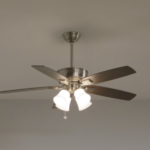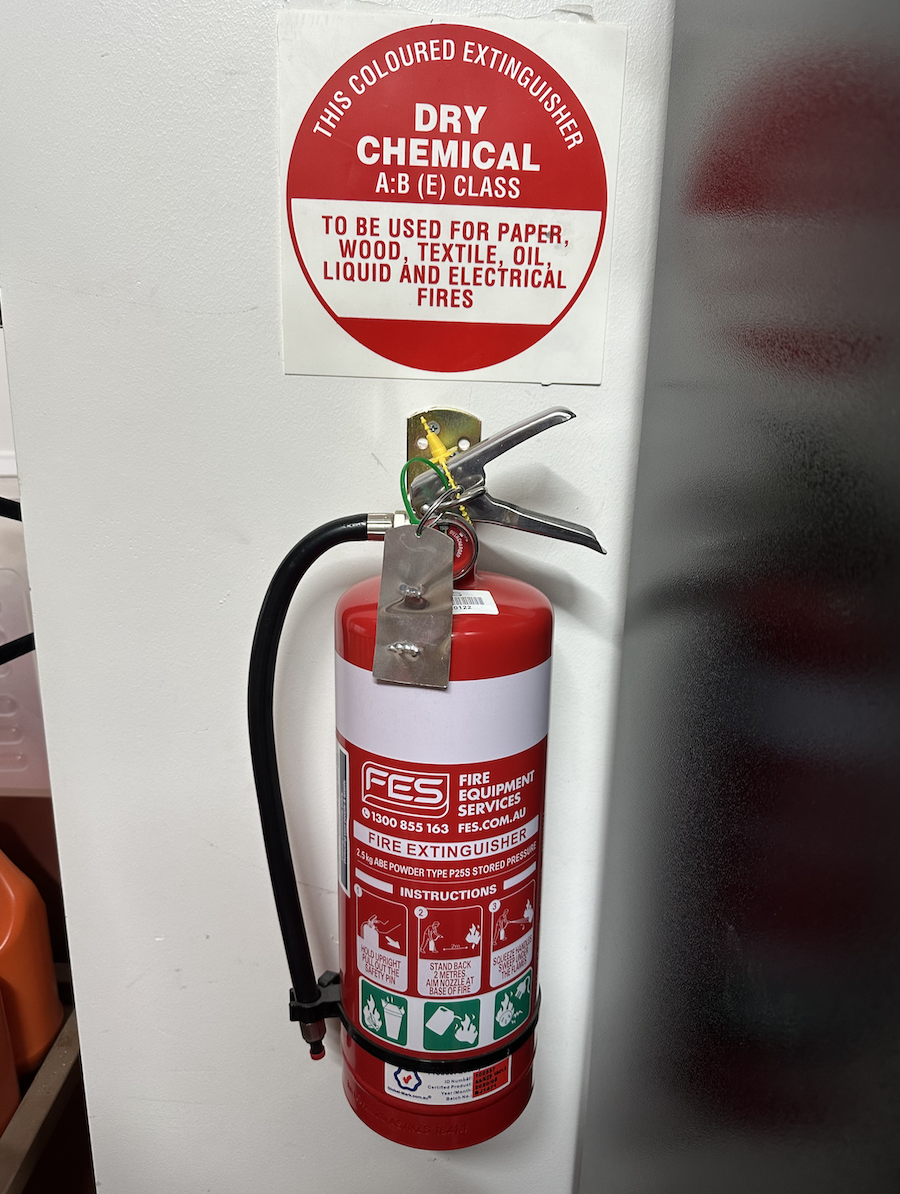
Help! Solid advice on what to do in an Electrical Fire in Australia!
Electrical fires are far more prevalent than many realise, with there being an average of 12,000 electrical fires in households per year in Australia.
Each year 50-60 people will die from these fires. Stemming from issues like faulty wiring or gradual degradation. Knowing how to extinguish such fires is vital, particularly for those dealing with electronics.
Understanding effective methods to tackle them promptly is crucial. By learning how to manage electrical fires, individuals can potentially save lives and prevent extensive harm.
Prevention from an electrical fire is the key
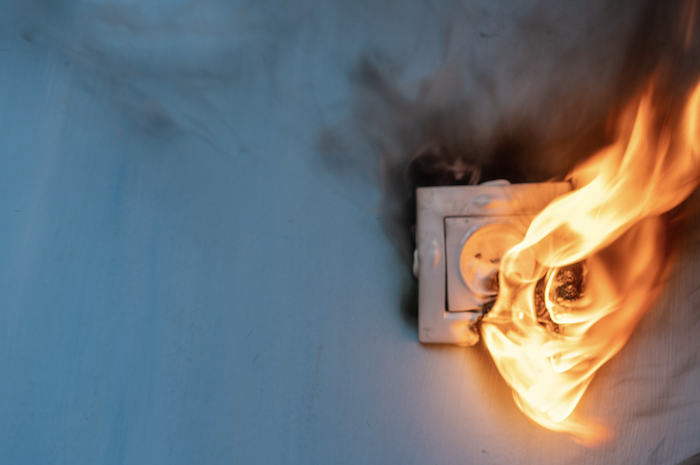
As in all areas of life, prevention is the number one defence when it comes to stopping electrical fires from breaking out. Electrical fires are extremely dangerous as they can be catastrophic and fatal when out of control.
Here are some crucial steps you can follow to help you prevent an electrical fire:
1. Ground and Protect your electrics
Every electrical setup should have a wire that connects it to the ground. This is called an earth wire, which is to redirect extra electricity into the ground if there’s too much, which can happen if there’s a problem.
A safety device called an AFDD is like a new and improved version of a safety switch. Think of it as an insurance policy on your electricity. The AFDD can detect when there’s too much electricity or if there’s a flash of electricity in the wrong place, which could cause a fire.
2. Regularly schedule an inspection of your electrics
Who better than the trained professionals to ensure that all of your electrics are safe from electrical fires? Make sure to have a licensed electrician check your safety switches, circuit breakers, and other electrical parts at least twice a year.
This will help ensure that your electrical system stays safe and in good condition.
3. Following government standard switchboarding and wiring.
Government standards are put into place to keep everything up to date in regard to your house’s electrical components.
Outdated switchboards and wiring can be dangerous and pose a risk of sparking. Essentially, if your electrical system was installed more than 20 years ago, it is time for a check by an electrician.
Keeping all of your electrics up to modern standards heavily protects you and your family from the dangers of electrical fires.
4. If it’s damaged, stay away!
Any electrical device or cable with a broken casing and exposing wires or frayed cords are at an increased risk of causing fires.
If you notice exposed wires the best solution is to turn off the power source and replace the cord immediately. This will save the wires from overheating and connecting with combustible materials such as carpets and rugs.
5. Avoid using appliances that trip your electrical system
If you happen to observe your electrical system experiencing interruptions or malfunctions while using a particular device, it’s most likely needing a replacement.
Such issues could potentially lead to dangerous arc flashes and sparking, which may ignite an electrical fire. If replacing the device does not solve the electrics tripping, get help from an electrician to find the possible solution.
6. Avoid the overuse of power boards and extension cords.
The incorrect use of powerboards and extension cords poses a risk to electrical safety.
Too many power cords running on the same board can result in overloading the electrical circuit. In a good scenario, this will just trip your circuit breakers.
Overloaded power boards and extension cords, can generate excessive heat, cause sparking or fire, damage your property, and pose a safety risk.
How to identify an electrical fire
How do I tell if it is an electrical fire or if it is caused from something else?
Signs of an electrical fire:
Smoke: If smoke is coming from an outlet, appliance, or electrical panel, it’s likely an electrical fire.
Strange Smells: Electrical fires produce a distinct smell of burning plastic or rubber. If you notice this smell near outlets or appliances, there is most likely an electrical problem.
Sparks or Arcs: Visible sparks or arcs from outlets, appliances, or electrical panels indicate a serious electrical issue that could lead to a fire.
Flickering Lights: continual flickering or dimming of lights, paired with a buzzing or crackling sound, may indicate an electrical problem that could result in a fire.
Tripped Circuit Breakers or Blown Fuses: Repeatedly tripped circuit breakers or blown fuses suggest an overload or short circuit, which could lead to an electrical fire.
What to do in the case of an electrical fire
In the case of electrical fires and the safety of your family and house, educating yourself on the correct ways to deal with and extinguish an electrical fire could save lives.
Here are some ways in which you can deal with an electric fire:
Safety first: before doing anything, prioritize the safety of you and any other person in the immediate area. Preferably evacuating the building.
DO NOT USE WATER! A lot of people’s first instinct to extinguish a fire is to dump a load of water on it. And while this can help with other fires, With electric fires this can almost certainly make things worse.
This is because water is a conductor of electricity. So making sure to identify an electrical fire will be important in controlling the situation.
Cut the power: if the situation allows it, cut the power to wherever the fire originated from. This can ensure no more electricity is flowing through and compounding the issue. However, ensure you never touch the electrical device.
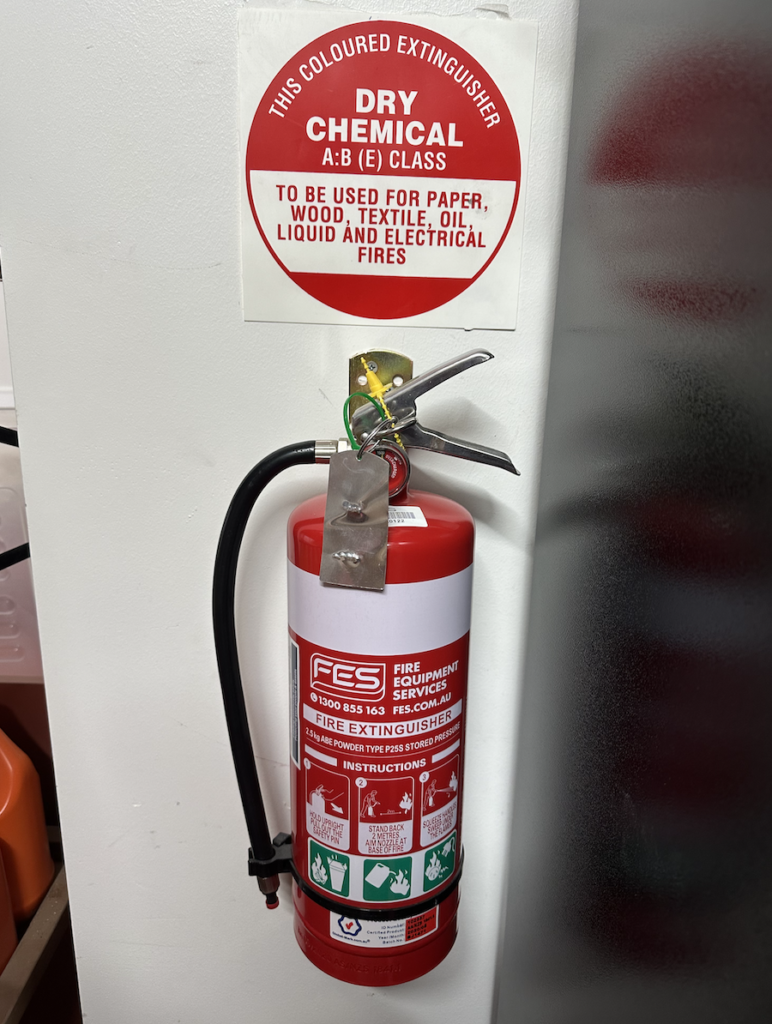
Use a fire extinguisher: if the location has a fire extinguisher labelled class ‘c’ (for electrical fires) or a multipurpose dry chemical extinguisher, You can attempt to put the fire out. Make sure to follow the instructions on the extinguisher for the best results.
Baking soda: If you do not have a fire extinguisher present, for small household fires, smothering the fire in baking soda can remove oxygen from the fire which works by not feeding the fire.
Fire blanket Or a heavy item of clothing: Fire blankets can be used on small fires, but if you do not have one present, a dense blanket or item of clothing can work. This will smother the flame and remove the oxygen. It’s essential to be precise when using any materials as doing it incorrectly could fan flames, making the problem worse.
Call emergency services: if you can’t extinguish the fire evacuate and call emergency services immediately. Getting the help of emergency services as quickly as possible will reduce the danger and damage from the fire.
Even if you manage to extinguish the fire, it’s crucial to call the fire department or emergency services immediately. Inform them about the situation, provide your location, and follow any instructions they provide.
What not to do in an electrical fire
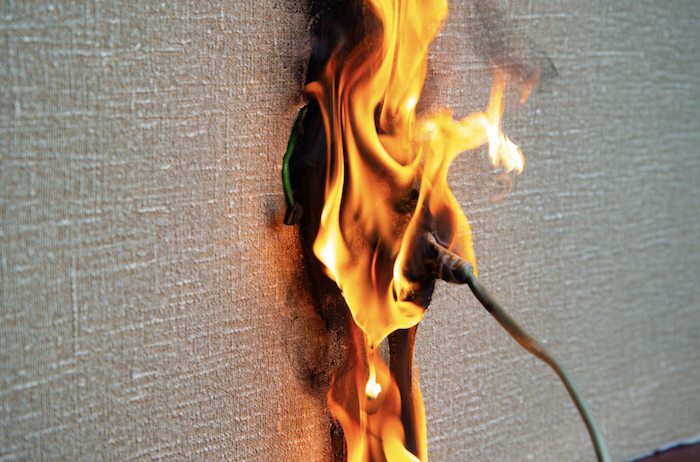
Having an electrical fire can be very scary and stressful, and with a high pressure situation, it can lead to rash decisions being made. Knowing what to do and what not to do in preparation could be crucial in eradicating the danger if a fire does occur.
Here are a few things you should know not to do:
Do not use water: this can worsen the situation
Do not handle electrically charged equipment: any equipment that is still receiving power and on fire should not be handled. It is important to wait for professionals to handle any hazards.
Do not try to be a hero: prioritize the safety of yourself and anyone near you. If the fire is unsafe and grows out of control, evacuate and wait for the fire department.
Do not use metal: Metal conducts electricity and increases the risk of Shock
Do not re-enter the building: once evacuated ensure you stay out of the building.
The high occurrence of electrical fires, as evidenced by the alarming statistics in Australia alone, highlights the need for awareness and preparation.
The importance of knowing how to extinguish electrical fires cannot be overstated. Through education and preparation, You can play a pivotal role in saving lives and preventing extensive harm in the event of an electrical fire.





